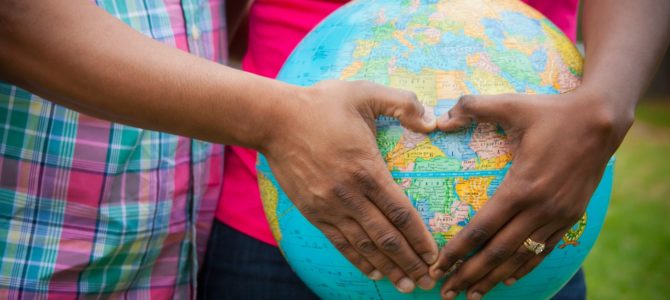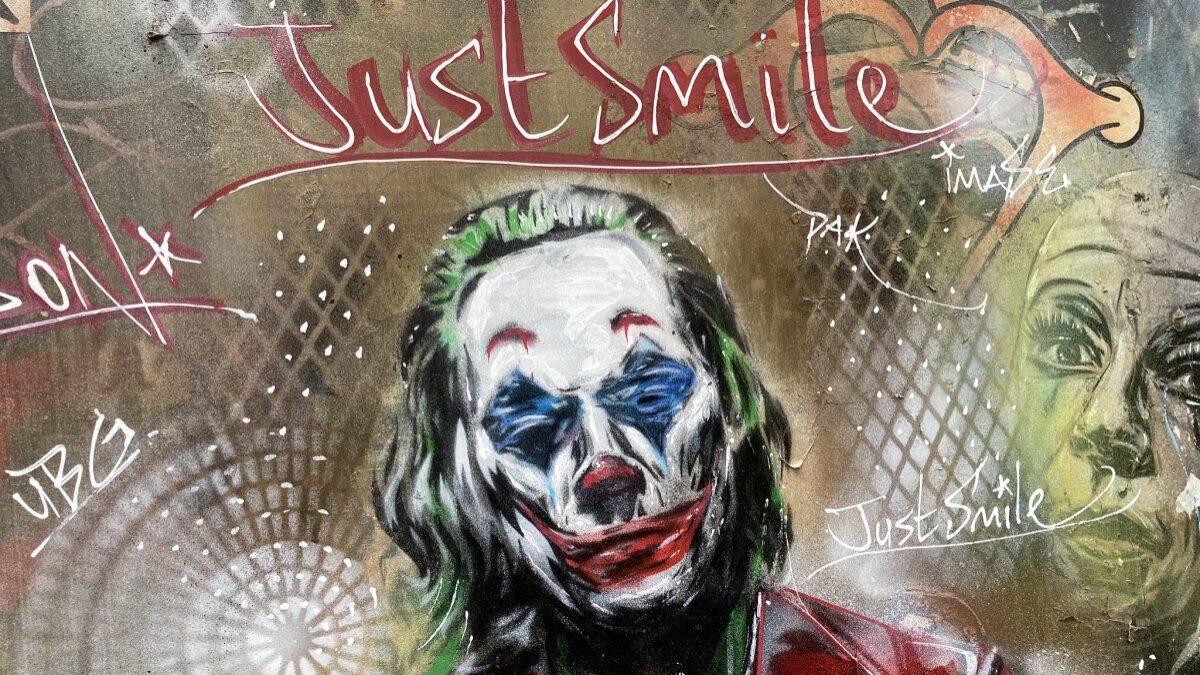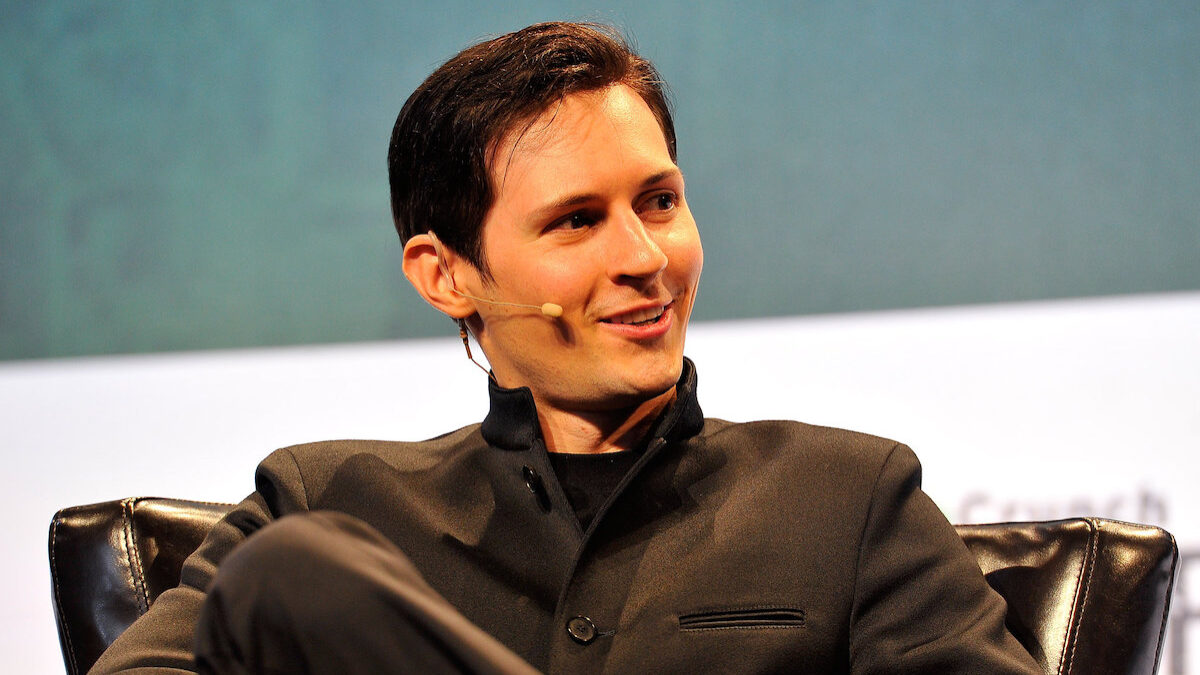
In December, McKenzie Adams, a fourth grader from U.S. Jones Elementary School in Demopolis, Alabama, despondent after relentless taunting by other black children for her relationship with a white child, hanged herself in her family’s home. Although suicides resulting from school bullying have sadly risen steadily over the years, McKenzie’s death spoke to me on a very personal level.
In the summer of 2005, while visiting my grandparents in the northeast, my husband and I met up with my cousin, an international teacher, and his new wife, whom he’d met while teaching in Zambia, Africa. In recounting her history, Justina told us of the very recent death of her sister and how her 21-year-old nephew was struggling to feed and care for five siblings as young as 2.
After much soul-searching and discussion, my husband and I approached Brian and offered to adopt his two youngest sisters, who were 2 and 6 at the time. He gratefully agreed, and in May of 2007, after a two-year adoption process that would have stymied any but the most ardent adoptive parents, I flew to Zambia, Africa to bring home our daughters, Barbara and Betty (yes, Betty White).
We knew that adopting two little girls (4 and 9) from the other side of the world into a family of two boys (4 and 2) wouldn’t be easy in terms of bonding and re-assimilating the family birth order structure, but it was the stuff like what little McKenzie Adams experienced that we didn’t see coming, and it quickly blindsided me.
The First Time It Happened, I Was Floored
One day late that first summer, while out shopping, we ran into one of our associate pastors. Our church had provided simply amazing support during our adoption struggles and it was a joy to have the opportunity to visit with any fellow parishioner and clergy about the adoption, the girls, and our new forever family, so I gratefully stopped to visit with her.
As we chatted before we left the store, the pastor, a black woman, suddenly lowered her voice, became somber, and inquired as to how I was “immersing the girls in their culture.” I truly wasn’t sure what she meant, so I asked.
She then began to sermonize about how important it was for me to get the girls subscriptions to “black” magazines and to make sure and watch “black” movies and TV shows so they could see and relate to people of their color. She veritably assured me that, as a white woman, I couldn’t be expected to understand the “black experience” in America. I needed to be sure and make appropriate and relevant material accessible so they could better assimilate with black culture.
As a staunch believer in the dream of Martin Luther King Jr., this pastor’s admonitions didn’t sit well with me. In fact, I knew for certain her guidance for rearing my children was at best perpendicular to his vision. MLK advocated against bitterness and hatred in the black community because his ultimate goal was that “little black boys and black girls will be able to join hands with little white boys and white girls as sisters and brothers.”
I will never forget the heat rising in my face. I must have stared at her as though she’d grown two heads right in front of me. It actually angered me that, instead of focusing on the girls’ adaption to a completely new country and their new lives as Americans, this woman chose to hone in on racial politics, especially as a pastor.
When I finally composed myself, I offered my thanks, but explained that our family didn’t really “see” color, so we had no intention of raising any of the kids in our family to be anything other than “Americans,” hence we probably wouldn’t be comfortable taking that kind of suggestion.
Discontent with my answer and intent upon pressing her point, she continued. She believed my thought process unfortunate because my “whiteness” couldn’t process the fact that the girls’ fate would always balance at the pinnacle of someone else’s prejudicial small-mindedness. It was up to me to make them vigilant of the discrimination that would surely come their way.
Unable to continue the conversation any longer, I told her we needed to get going, said our goodbyes, and exited the store, and fumed all the way home.
My Kids Identify As Americans
Martin Luther King Jr. was no separatist, no racist; he was a uniter with a vision to bring people together. I still struggle to see how in the world the words of my long-former pastor match up with the dream of one of the greatest men in U.S. history. Why in the world would I raise my girls to look for specters in shadows? Why would I raise them to identify with a specific race as if being members of the human race weren’t enough?
Yes, my daughters are from Africa, and they communicate with their family there regularly, but once we adopted them and landed in America together, they became Americans. Not African-Americans, not black girls, but girls who would grow up in a nation where they were afforded the opportunity to become anything they wanted to become.
Today, my daughters are 21 and 16, and we have raised them and our other three children on this philosophy, yet it somehow continually shocks me that any real racism they’ve encountered has come from black contemporaries. Although the 21-year-old had some difficult emotional struggles and returned to Africa to live with her brother and finish high school, she came back to Oklahoma after graduation, joined the National Guard, and has begun college with the intention of becoming a nurse.
Education has always been important to Barbara, who’s always been a hard worker dissatisfied with anything less than an “A” in her classes. Of all my kids, she and my oldest son seem to share an innately conservative bend, and tend to be reserved in public.
One day we were talking in the kitchen after she’d returned home from school, where she’s struggled with the constant racial politics in her college English class. She wanted help beginning her latest paper regarding disproportionate brutality by police toward black Americans. She recounted her frustration that so many black contemporaries in the military had razzed her because her last name is White and she’d been adopted by a white family. When I asked her how she dealt with that kind of thing, she just shrugged her shoulders and said, “What are you going to do?”
Thank God she’s a strong young woman. Her answer could have been suicide.
Racism Isn’t Okay If You’re Black
Betty is my straightforward social butterfly. Although she and the two boys have been homeschooled since 2012, she’s participated in no end of extracurricular activities, knows no strangers, and has no qualms about providing her opinion on anything to anyone at any time. Currently, she’s a manager on the local homeschool football team (she also nannies and runs her own photography business).
The other night she came home from practice and told us that one of the black boys on the team, who constantly makes racial comments, had called another black boy the “n-word.” Characteristically, Betty told him not to use that word because it was disgusting. He then said something like, “What do you mean? You’re an ‘n-word’ too.”
She told him she was in no way an “n-word,” yet he was apparently intent on convincing her she was. His next retort was something like, “Hey, we’re both from Africa.” She said she looked him straight in the face and said—I’m sure with her hilariously sharp attitude and a little head bob for good measure—“I’m from Africa. You’re from Oklahoma, and I’m no ‘n-word.’”
She went on to tell us that this kid has also mocked her about hanging around white kids, including her white boyfriend, who is also on the team, and acting and speaking like she is “white.” Again, if Betty hadn’t had a strong personality, what could this kind of ridiculing behavior, from someone who “looks like her,” done to her emotionally? We know what it did to McKenzie.
It’s Time to Rethink Our Social Stalemate
As an educator, I’ve made a point of studying the history behind some of the things I was and wasn’t taught throughout my education. For example, I’ve learned, and taught our kids about the Constitution, our republican form of government, and the genesis and history of our American political parties. We’ve also studied popular thought about slavery and racism versus what history says about these issues.
Yet even with the unfathomable reaches of the internet, few sources address these issues outside the progressive ideology of racial identity politics. It’s truly bizarre how little genuinely unbiased scholarship is available today, worldwide, despite our pervasive use of technology.
Recently, I’ve begun to follow the Blexit movement. Happily, many of the myths created by liberals and progressives to instigate groupthink and wrong-headed ideas about race and politics like the kind exhibited by the football player Betty argued with are addressed on the website.
Seeing this truly gives me hope for the future because, however trite it seems, knowledge is power. I hope people presented with this information will begin to read and study and think about justifying their belief systems, not simply falling into a thought process based on the words of community leaders, friends, or family members. Having a source willing to communicate history and truth is a good thing, and can only lead to enlightenment among any willing to be enlightened.
Kids Strong Enough to Think for Themselves
Early on in my parenting, I realized I couldn’t fight my kids’ battles for them, and I wouldn’t want to if I could. Instead, my husband and I have tried to rear all our kids with the persistent belief that they’re responsible for themselves and their actions and that it’s up to them to harness their God-given talents to be whatever they want to be without falling back on excuses of any kind. They’re also to be humble in their accomplishments, strong in their character and beliefs, and kind to those around them, regardless of how they are treated.
I have long understood that my kids are but a drop in a sea of kids being raised mainly by public education, which today churns out liberal ideologues at an alarming rate. Like most parents, I wonder what life will hold for them in adulthood. Will they be able to navigate an independent course? Will they succumb to the pull of those around them to submit to groupthink, or will they remember that history teaches the best lessons and that knowledge alone is power over their ultimate destinies?
Like all parents, I have no answers to questions only time abides. I can hope, however, that the life of sweet little McKenzie Adams will open the eyes of the black community to the destruction of racial politics and that my kids will join others with the same kind of independent streak and, ultimately, help steer the course of this country toward one in which differences are celebrated within the context of the whole, not parsed out as weapons of contention and conflict.









